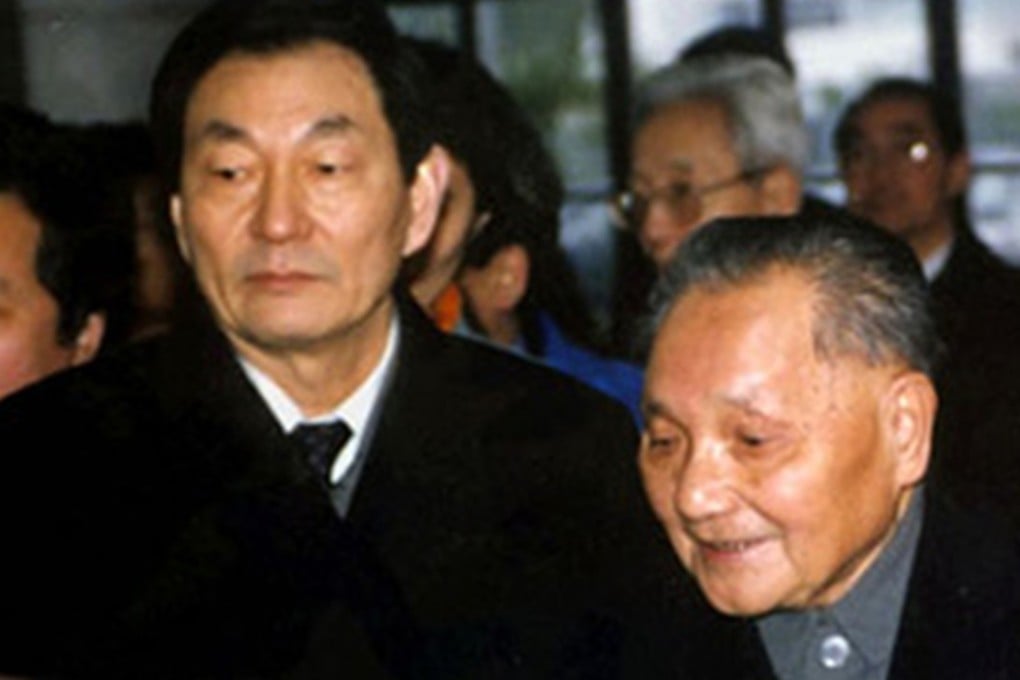The inside story of the propaganda fightback for Deng Xiaoping’s market reforms in China
- Deng Xiaoping’s push for “reform and opening up” launched China’s rise from the wreckage of the Cultural Revolution to the world’s second-biggest economy
- To mark the 40th anniversary of the start of the process, the South China Morning Post takes an in-depth look at the forces that shaped that transformation

Deng Xiaoping remained a powerful figure in retirement but it took clever manoeuvring by the then Chinese paramount leader to get his derailed economic experiments back on track, according to a former senior propaganda official.
The bloody Tiananmen crackdown in 1989 almost killed China’s nascent market reform programme, with conservatives rising to dominate the political scene and the market economy and foreign investment derided as capitalist or revisionist forces undermining efforts to build a socialist country.
It took a trip by Deng to a series of southern cities in 1992 to revive the programme.
While what became known as the “Southern Tour” to Guangzhou, Shenzhen, Zhuhai and Shanghai was the turning point in the salvaging process, the way had been paved by a series of articles under the pseudonym Huang Fuping, published in the Shanghai Communist Party mouthpiece Liberation Daily a year earlier.
Accounts of the origins of the articles have varied but Liu Ji, former Shanghai deputy propaganda director and a top adviser to former president Jiang Zemin, has clarified the roles of several key players and how Deng crushed criticism of the articles from behind the scenes.